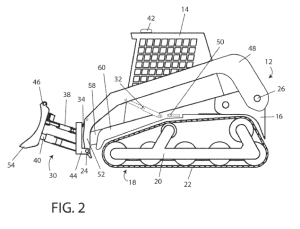by Dennis Crouch
On September 11, 2024, the Federal Circuit issued three separate orders denying petitions for writs of mandamus related to venue transfer decisions. These cases highlight a trend that I previously recognized of the court stepping-back from its prior aggressive mandamus docket. The cases here all include the similar procedural posture where the district court ordered transfer under the convenient venue statute 1404(a), and the patentee unsuccessfully petitioned the Federal Circuit to reverse the transfer.
To continue reading, become a Patently-O member. Already a member? Simply log in to access the full post.
